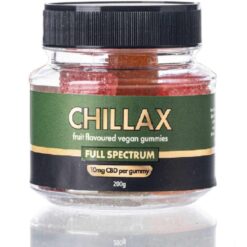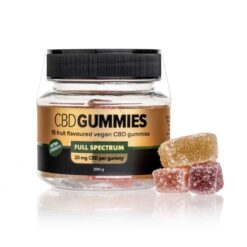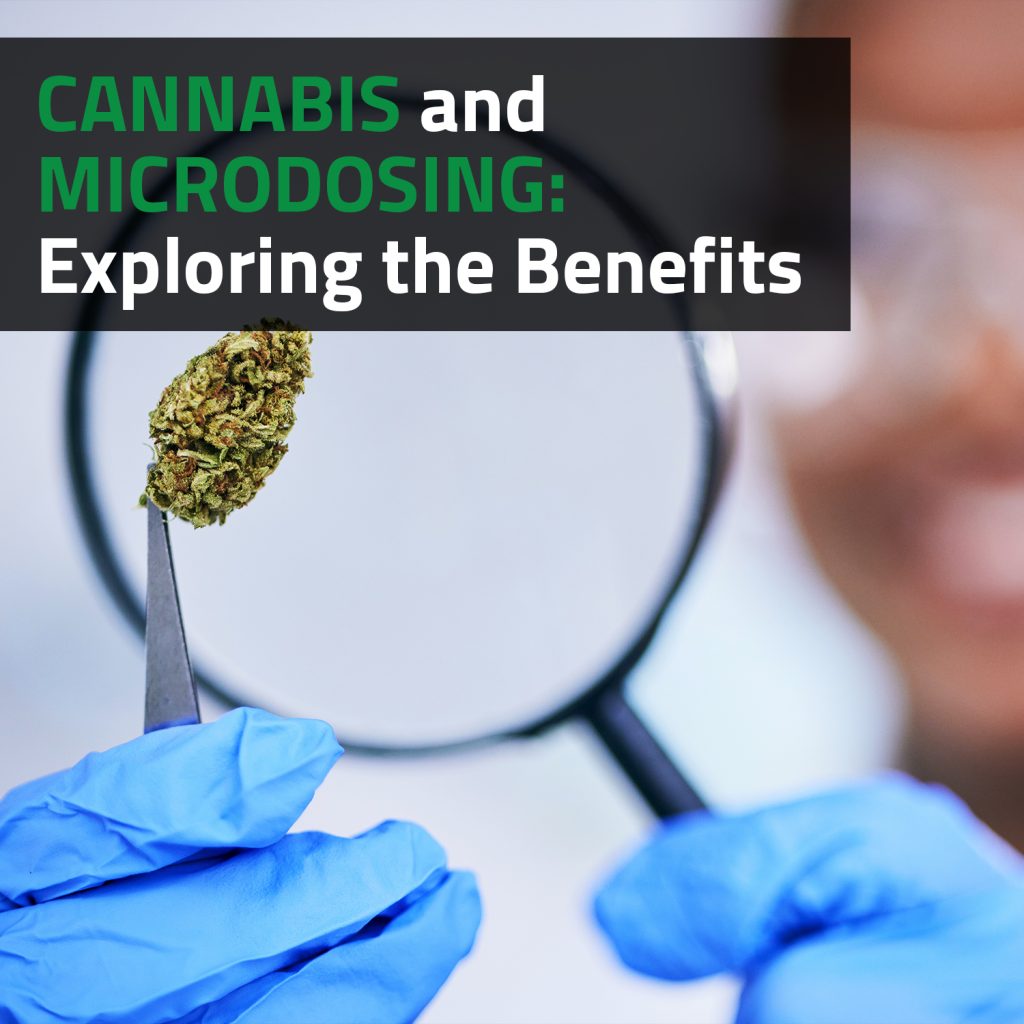In recent years, a growing trend has emerged in the realm of cannabis consumption – microdosing. Traditionally associated with psychedelics, microdosing has found its way into the world of cannabis as individuals seek a nuanced approach to harness the plant’s potential benefits. This method involves consuming minimal amounts of cannabis to achieve subtle therapeutic effects without the intoxicating highs commonly associated with the plant.
As the landscape of cannabis acceptance evolves, so does the exploration of its therapeutic applications. This article delves into the realm of cannabis microdosing, unravelling the science behind this practice and exploring the potential benefits it offers. From mental health support to managing chronic conditions, we will navigate the intricate tapestry of cannabis microdosing, shedding light on its growing popularity and the intriguing possibilities it holds for wellness enthusiasts and medical users alike. Join us on this journey as we dissect the nuances of cannabis microdosing and its place in the broader conversation about holistic well-being.
The Science Behind Cannabis Microdosing
To comprehend the science behind cannabis microdosing, it’s crucial to explore the intricate interactions between cannabinoids and the human endocannabinoid system (ECS). The ECS, a complex network of receptors, enzymes, and endocannabinoids, plays a pivotal role in regulating various physiological processes, including mood, appetite, sleep, and immune function.
Cannabis contains over 100 cannabinoids, with THC (tetrahydrocannabinol) and CBD (cannabidiol) being the most well-known. THC is renowned for its psychoactive properties, while CBD is non-intoxicating and often associated with therapeutic effects. In microdosing, the goal is to leverage the therapeutic potential of cannabinoids without inducing the euphoric “high” typically associated with cannabis consumption.
Studies suggest that cannabinoids interact with the ECS in a dose-dependent manner. At lower doses, THC may engage with CB1 receptors in the brain, potentially leading to subtle mood enhancements, stress reduction, and improved focus. CBD, on the other hand, may modulate the ECS more broadly, exerting anti-inflammatory and anxiolytic effects.
Microdosing capitalises on the biphasic nature of cannabinoids, where their effects can differ significantly at low and high doses. At lower doses, THC may act as a mild analgesic and anti-inflammatory agent, while CBD could offer anxiolytic and neuroprotective properties.
Precision is paramount in cannabis microdosing, as exceeding optimal dosages may shift the balance toward undesirable effects. The science behind this practice involves a delicate interplay between cannabinoids, receptor sensitivity, and individual variability. As research in the field of cannabis advances, a clearer understanding of the specific mechanisms governing cannabis microdosing is gradually unfolding, offering insights into its potential as a personalised and targeted approach to well-being.
Benefits Of Cannabis Microdosing On Mental Health
In the realm of mental health, where the nuances of well-being can be as diverse as the human experience itself, cannabis microdosing emerges as a promising avenue for those seeking equilibrium. While the traditional perception of cannabis often associates it with altered states of consciousness, microdosing offers a subtler, more nuanced approach to alleviate mental health challenges.
- Stress and anxiety reduction: Microdosing allows individuals to tap into the anxiolytic properties of cannabinoids, particularly CBD. By interacting with receptors in the brain and modulating neurotransmitter activity, microdosing may offer a gentle, anxiety-relieving effect without the overwhelming psychoactive experience associated with higher cannabis doses.
- Mood enhancement: The interaction between THC and the endocannabinoid system at lower doses may contribute to mood elevation. Microdosing aims to harness the mood-enhancing potential of cannabinoids, providing a subtle lift without the intensity of a full-blown “high.” This can be particularly beneficial for individuals managing mood disorders such as depression.
- Improved focus and creativity: Some users report enhanced cognitive function and creativity with cannabis microdosing. The mild impact on cognition, attributed to the interaction of cannabinoids with CB1 receptors, may offer a unique avenue for those seeking to boost focus and creativity without the cognitive impairment associated with higher doses.
- Better sleep quality: For individuals grappling with sleep disturbances, microdosing with specific strains containing relaxing terpenes and cannabinoids might hold promise. The potential sedative effects may contribute to a more restful night’s sleep without the grogginess associated with larger cannabis doses.
- Pain management: Chronic pain often intertwines with mental health challenges, creating a complex interplay. Microdosing THC, known for its analgesic properties, may offer relief from pain without the sedation associated with larger doses, providing a nuanced solution for individuals managing both pain and mental health concerns.
- Reduced side effects: Unlike traditional cannabis consumption, microdosing minimises the risk of adverse side effects such as paranoia, impaired cognitive function, and dependency. This makes it an attractive option for those seeking the potential benefits of cannabis without compromising their daily functioning.
Managing Chronic Conditions With Microdosing
Chronic conditions, whether related to pain, inflammation, or other persistent health challenges, often demand nuanced solutions that provide sustained relief without compromising daily functioning. In this context, microdosing cannabis has emerged as a compelling strategy for individuals seeking to manage chronic conditions in a way that balances therapeutic benefits with minimal side effects.
Pain Management Without Impairment
Microdosing THC, the primary psychoactive cannabinoid in cannabis, has shown promise in providing analgesic effects without inducing the profound intoxication associated with higher doses. For individuals dealing with chronic pain conditions, such as arthritis or neuropathy, microdosing offers a potential avenue for relief without sacrificing clarity of thought or motor function.
Inflammation Modulation
Chronic inflammatory conditions, such as rheumatoid arthritis or Crohn’s disease, can significantly impact quality of life. Certain cannabinoids, particularly CBD, possess anti-inflammatory properties. Microdosing allows individuals to tap into these benefits, potentially mitigating inflammation over time without the risk of overwhelming side effects.
Neurological Conditions
Conditions like epilepsy, multiple sclerosis, or Parkinson’s disease often involve neurological challenges. Some studies suggest that microdosing with specific cannabinoids may have neuroprotective effects, potentially slowing the progression of certain neurodegenerative conditions. This delicate approach aims to provide ongoing support without the intense alterations in cognition associated with higher cannabis doses.
Appetite Stimulation In Chronic Illness
For individuals dealing with chronic illnesses that impact appetite, such as those undergoing chemotherapy, microdosing THC might offer a subtle yet effective solution. The ability to stimulate appetite without inducing excessive sedation can be crucial for maintaining nutritional well-being during challenging health periods.
Tailoring Treatment For Individual Needs
Microdosing allows for a highly individualised approach to managing chronic conditions. By carefully titrating doses, individuals can fine-tune their cannabis consumption to address specific symptoms and needs, acknowledging the diverse ways chronic conditions manifest and impact daily life.
The science behind cannabis microdosing unveils a delicate interplay between cannabinoids and the endocannabinoid system, emphasising the importance of precision in dosage. From stress reduction and mood enhancement to the management of chronic pain and inflammation, microdosing allows individuals to tailor their cannabis experience, tapping into therapeutic benefits while minimising unwanted side effects.
The promise of cannabis microdosing lies not only in its potential to alleviate symptoms but also in its capacity to transform the narrative around cannabis use. By steering away from the stereotypical notions of intoxication, microdosing invites a broader audience to explore the plant’s wellness potential without compromising functionality.










